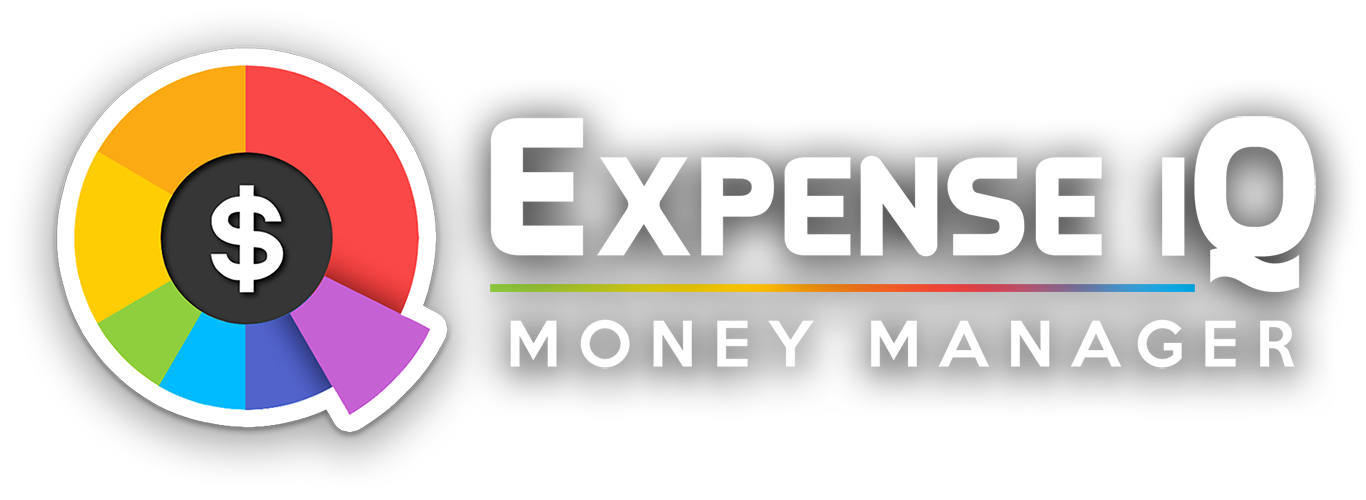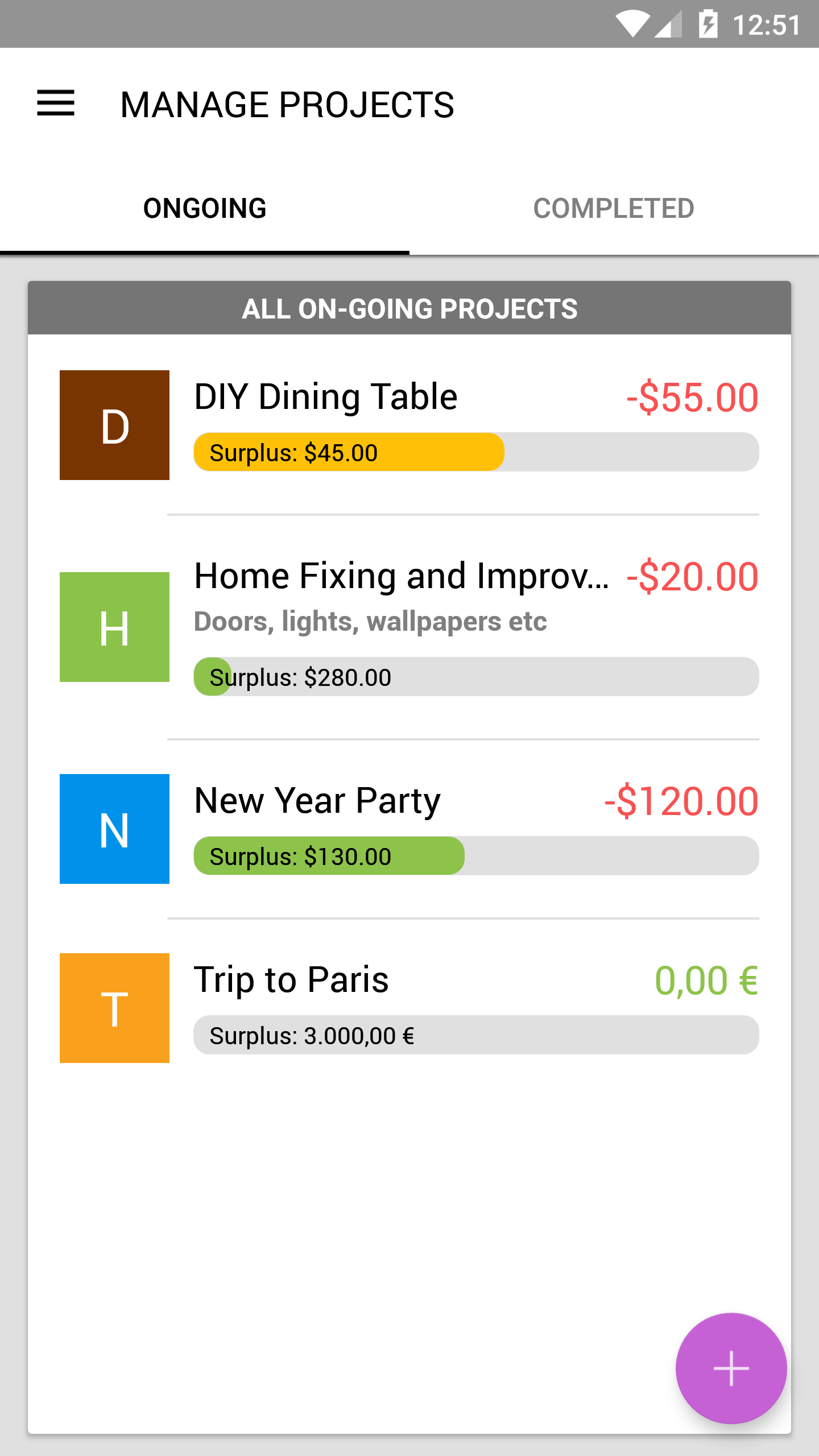Travelling for holidays used to be a luxury but now with the numerous opportunities and selections, it’s easy to travel light and travel even on tight budgets. Travelling to destinations closer to home such as Mexico, Canada or Europe have become more affordable and comfortable with shorter and direct flights.
With these following tips, you’ll be able to enjoy a fulfilling yet relaxing (on your wallet) trip for a holiday! Be a smart traveller!
Choosing the right Timing
Start out by thinking about when your trip should be. Travelling at a high peak season is more costly compared to low peak seasons because that season is also where most people want to visit the country. For example, shoulder season in Europe is usually from April through mid-June, September and October. Off-season airfares can be cheaper by a few hundred dollars.
It’s also easier to locate accommodation at a lower price and more options may open up as budget hotels have more vacancies in comparison. Hot tourist spots may be less crowded, and along with the acceptable weather with sufficiently long day, making the holiday just as or even more enjoyable.
Transport: Getting there
Getting to the destinations aren't as rigid as they used to be. You can choose to travel by air, by rail or have a road trip, depending on what you want your experience to be. Budget airlines get you to your destination just as well and you save more at the same time.
Travelling by train is a different experience altogether and with research, you could find a train trip that may be cheaper than flying to the destination. It’s relaxing with more legroom, you could watch the scenery rush by and you can even move around whenever you want!
Alternatively, if you’re travelling in a group, a road trip could be more affordable with more people to share the cost. You could also stop whenever you want to admire the scenery!
Budget: General math (map) of your journey
Apps like Expense IQ that includes useful features like the following allows for easy budgeting for trips and even during trips:
- multiple currency support
- budget planner
- Projects (new!) to easily view reports and budget your travel expenses. After the trip, you can mark as complete and reference any time you want in the future! (Read more about Projects - opens in a new tab)
Calculate an estimate for your trip quickly, and this will give you an idea if your budget is realistic and how much more or less you could spend on your trip.
For example, let’s look at the typical costs of a vacation in Toronto.
- Accommodation: Dorm rooms begin at 25 CAD and budget hotel rooms cost at an average of 85 CAD for a single. If you’re travelling in a group, you can save even more by sharing with more people in a single room.
- Food: Eating out costs an average of 19-24 CAD at least, with cheaper options such as on-the-go meals costing around 9 CAD.
- Transportation: A day pass for public transportation is available for 11 CAD. Shuttle buses are available from the airport (around 28 CAD) though there are cheaper alternatives such as the regular city transit bus.
Source: Toronto Travel Guide by Nomadic Matt
As an example, a budget of 2000 CAD is allocated for one week’s trip to Toronto, Canada. With an estimated round trip at $350 via Air Canada, add in the other expected fixed expenses into an account in Expense IQ and you’ll see how much of the budget have been used, and how much you have left.
Even with the remaining balance, remember to include the costs of items you might need, such as
- insurance,
- vaccinations or
- any other items (such as travel adaptor, basic medications, entry fees to attractions)
- Also, set some money aside for emergencies.
To better prepare yourself, you can refer to a traveler’s checklist to ensure that you have equipped yourself for pre-, during, and post-travel expenses and situations.
Food budgeting tips: Be flexible when distributing the food budget for your trip. You don’t have to be frugal the whole trip! Mix in some good days where you’ll explore the local fancy meal and go for a picnic lunch on another day while enjoying the good weather and view at the park. You’ll get to enjoy both luxurious and down-to-earth spectrums of your vacation. If you’re travelling with a partner or a group of friends, you can share the food expenses as well, as it's always cheaper to buy in bigger quantities. Go for local produce to save even more while enjoying the freshness the locals enjoy.
Transport tips: Choose the cheaper alternative that you can afford and prefer to travel on within the destination. For example, take the public transport such as a shuttle bus or the subway instead of taking a cab to get around the city. Certain countries even have a system where you can rent bicycles to travel between towns. You can even choose to walk along the streets at your leisure. It’s cheaper, you are immersed in the country’s life and culture, and you get to look around at your own pace literally, and potentially even find interesting stuff!
Buying stuff: Make your payments in cash as much as you can. You risk a higher exchange rate and certain credit cards may incur additional administrative charges for overseas transactions. Look for passes to attractions or transportation passes that could cost cheaper as a whole compared to paying separately for each trip.
Monitor your expenditure with Expense IQ on a daily basis to keep track of what you have left. You won’t have to keep guessing if you’re overspending and helps you to keep your mind at peace while you enjoy your trip! If you realize that you under-spent and have more than expected for the last few days, pamper yourself (within the budget)!
Bonus: safety tips on the road
Separate cash: Avoid flaunting your cash and keep your money in different places, some in the front pockets of your jeans (never the backpocket!) and some in different pockets of your hand-carry. Without a huge chunk of cash in one wallet, you’ll less likely attract the attention of tourist predators.
Check belongings: Travelling can be exciting and distracting with the new sights and sense at the destination. Always check if you’ve left anything behind when you leave a location, be it after a meal, after a bathroom break, or after shopping. Always check through your pockets and bag in private to make sure that your travelling documents and cash is still with you.
Travel insurance: Travel insurance helps to protect you against uncertain situations from unexpected delays to accidents and injuries where treatment costs may stack up really quickly for a tourist. Though most of the time, the trip will go on smoothly, it’s always better to err on the safe side.
Vaccinations/Health: Get vaccinations related to the destination you are travelling to. Check to make sure if the water at the destination is safe to drink or should be boiled prior to consuming. Keeping healthy can save you a lot of money, especially if consultation is expensive in the country you are visiting.
Sources and references: 1, 2, 3, 4, 5
This article was last published on the Handy Apps Blog.
Do you have any additional tips to maximising your travel budget?
Discuss with us on facebook or google+!
RELATED





